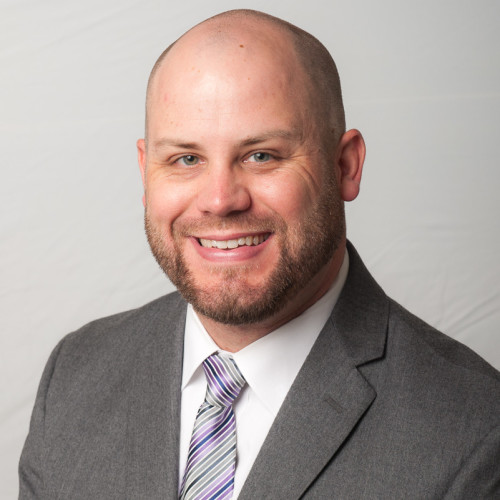The Satanic Temple, Inc. (“TST”) sponsors the After School Satan Club at public schools throughout the country. In February 2023, the TST applied to use the facilities of the Saucon Valley School District in Pennsylvania for Club meetings. After initially granting the application, the District rescinded that decision and denied the TST use of its facilities. The TST sued the District in federal court, seeking a preliminary injunction. A federal district court judge granted the TST’s motion for preliminary injunctive relief in part. The court ordered the District to permit the Club to meet on the three dates and locations previously agreed upon during the current school year, but the District was not required to distribute the Club’s permission slips to students. The court found that the evidence demonstrated that the District’s decision to rescind approval of the Club’s use of facilities was based on TST’s controversial views on religion and the community’s negative reaction to the approval.
The District had a policy “to make available the facilities of the school district to organizations, associations and individuals of the community for civic, cultural, educational and recreational activities when the scheduling of these activities does not interfere with the educational program of the district.” As a part of that policy, the review of each request rested with the District Administration. The Club applied to use District facilities for three dates during the 2022-2023 school year. The Superintendent approved the application.
Four days later, the District began receiving phone calls and emails from concerned District parents and community members. The Superintendent issued a letter via email to the District community stating that the District approved the Club to use school facilities after school hours, but that it was not a District-approved club such as the District-sponsored chapter of “Girls on the Run.” A day after the Superintendent’s email, an anonymous caller left a voicemail message that referred to the District’s decision to allow a ‘School Satan Club’ and threatened a school shooting as a consequence at the District’s middle school. The anonymous threat prompted the District to close all schools. From the first received communication following the approval of the Club through the reopening of schools the following day, the District and Superintendent received over 40 phone calls and 50 emails or written letters regarding its decision.
Additionally, the District became aware of two social media posts advertising the Club, one by an individual, and the other on the TST’s national Facebook page. Due to these two posts, the District rescinded its approval for TST to use school facilities for the Club. The District claimed that the posts violated the District’s facilities-use policy; the advertising portion of that policy required any non-school sponsored groups using District facilities to clearly communicate that the activities were not sponsored by the District. After a slew of emails between the District and counsel for the TST, the TST filed suit against the District the following month.
The TST claimed the District’s decision to rescind approval of TST’s application and prohibit the Club from using school facilities was unconstitutional viewpoint discrimination of the content of the TST’s speech, which violated the TST’s First Amendment right to free speech. In its decision partially granting the TST’s motion for preliminary injunctive relief, the court held that the numerous complaints and the shooting threat evidenced that the District rescinded its decision due to TST’s controversial viewpoint and objector’s reaction to that viewpoint. The court further held that the evidence provided in the record showed that the decision to rescind the approval based on alleged violations of the policy’s advertising provision were merely pretextual. Looking at a totality of the evidence, the court found the District’s action unconstitutional due to (1) doubts that the TST actually violated the board policy, (2) inconsistent enforcement by the District of the advertising provision, (3) the District’s lack of proof that the negative backlash was due to community members’ mistaken belief that the District sponsored the Club, and (4) indications that the decision was motivated by decisions unrelated to the policy.
This case is important because it highlights that public dismay and discomfort over an unpopular viewpoint may not justify the suppression of speech.
Please contact Pam Simaga or any HLERK attorney with your First Amendment questions.
Source:
- The Satanic Temple, Inc. v. Saucon Valley School District, No. 5:23-cv-01244-JMG, 2023 WL 3182934 (E.D. Pa. May 1, 2023)




